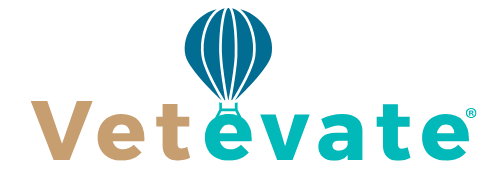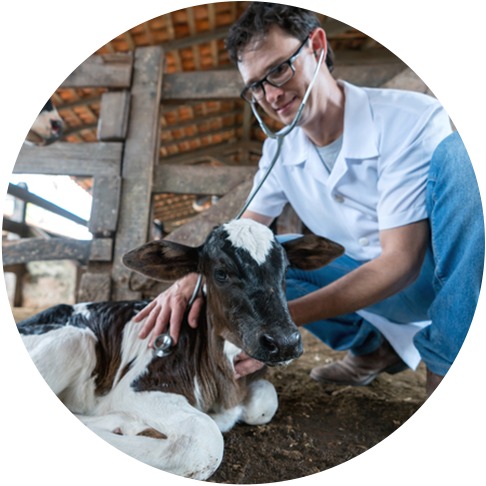For people who adore cats and want to turn that passion into a career, veterinary job boards offer a powerful starting point. While many animal lovers think primarily of general practice veterinary clinics when considering jobs with cats, the opportunities extend far beyond the exam room. From feline-only clinics and animal shelters to cat cafes, boarding facilities, and behavioral research programs, there’s a growing demand for individuals who specialize in feline care. The key to finding those opportunities is knowing where to look—and veterinary job boards are uniquely designed to help you do just that.
Unlike general job search websites, veterinary job boards cater exclusively to the animal care industry. This focus means that every listing is relevant to those who want to work with animals, whether it’s in medicine, rescue, enrichment, or pet services. Even more importantly, these platforms often allow you to refine your search to reflect your specific interests. If your passion lies with cats, a veterinary job board gives you the tools to filter your results accordingly. That means fewer distractions and a much more efficient path to the roles that fit your goals.
Many employers who hire for cat-specific positions are seeking candidates who have an understanding of feline behavior, medical care, or emotional needs. Whether it’s a shelter hiring an adoption coordinator with experience in cat socialization or a feline-only clinic looking for a technician with gentle handling skills, the employers posting on these boards tend to value passion and knowledge. Veterinary job boards provide a natural meeting point for these organizations and the professionals eager to work with cats every day.
Tailoring Your Job Search to Feline-Focused Roles
One of the most important steps in using a veterinary job board to find cat-related jobs is customizing your search. The more intentional you are about your search terms, filters, and preferences, the more successful your results will be. Start by using keywords like “feline,” “cat,” “feline technician,” “cat care,” or “feline veterinary assistant.” Many job boards allow you to enter specific terms that will help surface the most relevant listings. In addition, you can often choose from categories or checkboxes that narrow your results by animal type, which helps avoid scrolling through listings that are geared toward large animals, exotics, or canine-only practices.
Location is another important factor. Veterinary job boards typically let you search within a defined radius, so if you’re hoping to work in a feline specialty practice nearby or at a local cat rescue, you can focus on those geographical parameters. Be sure to check for remote or hybrid roles as well, especially if you’re open to virtual positions such as telehealth, veterinary support, or remote adoption counseling. The flexibility offered by many modern veterinary job boards can help you expand or contract your search based on what works for you.
It’s also helpful to look for employers that specialize in feline care. Many veterinary practices market themselves as “feline-friendly” or “cat-only,” and these designations often appear in job listings. These environments are often more relaxed and specifically designed to cater to the unique needs of cats, from soft lighting to pheromone diffusers. If you’re someone who thrives in low-stress, cat-centered environments, these positions could be ideal. By filtering your search on veterinary job boards and using the right terms, you can zero in on roles that feel like the perfect fit.
Presenting Yourself as a Cat Care Professional
Once you’ve identified the kinds of cat-related roles you want to pursue, the next step is to present yourself in a way that reflects your expertise and enthusiasm for working with cats. Veterinary job boards typically allow you to upload a resume and create a candidate profile that employers can view. This is your chance to highlight feline-specific experience—whether it’s formal training, personal experience, volunteer work, or a previous job where you handled cats on a regular basis.
Your resume should emphasize any experience you have with feline handling, behavior, restraint techniques, or care routines. If you’ve worked in a shelter, veterinary clinic, or boarding facility, describe your responsibilities with cats in detail. Employers want to know that you understand feline body language, can work with shy or reactive cats, and are comfortable administering medication or managing stress-reducing environments. Even personal experience—such as fostering kittens or volunteering at a cat adoption center—can carry significant weight, especially if you present it clearly and professionally.
The profile section of a veterinary job board is also a great place to express your passion for working with cats. Unlike traditional resumes, which are formal and structured, your online profile can include a short summary or bio that speaks to your personal mission, values, and enthusiasm. Employers on these boards often look for cultural fit as well as skillset, so if you genuinely love cats and are committed to their welfare, let that passion shine through. A heartfelt, well-written profile can make a strong impression and set you apart from other candidates.
Making Connections and Following Up
The final step in using a veterinary job board effectively is to treat it as more than just a place to submit applications. It’s a networking tool, a research hub, and a professional home base. When you see a job listing that appeals to you, don’t just apply—take time to learn more about the organization. Visit their website, read reviews, and, if available, explore their presence on social media. This research will not only help you prepare a stronger application but will also help you determine whether the organization’s philosophy aligns with your own approach to feline care.
When applying, tailor your cover letter to highlight your experience and interest in working with cats. Mention specifics from the job listing and explain why you’re excited about the opportunity. Employers who post cat-related roles on veterinary job boards are often inundated with generic applications, so a thoughtful, personalized message can go a long way in making your application stand out. After you apply, consider following up with a polite email to express your continued interest and ask about the next steps in the hiring process.
Veterinary job boards often allow you to save job listings, track applications, and receive alerts when similar jobs are posted. Use these features to stay organized and stay on top of new opportunities. The more active and engaged you are on the platform, the more likely you are to find a role that fits your skills, interests, and love of cats. Over time, this consistent engagement can lead to not just one job, but a fulfilling and lasting career working with feline companions.




